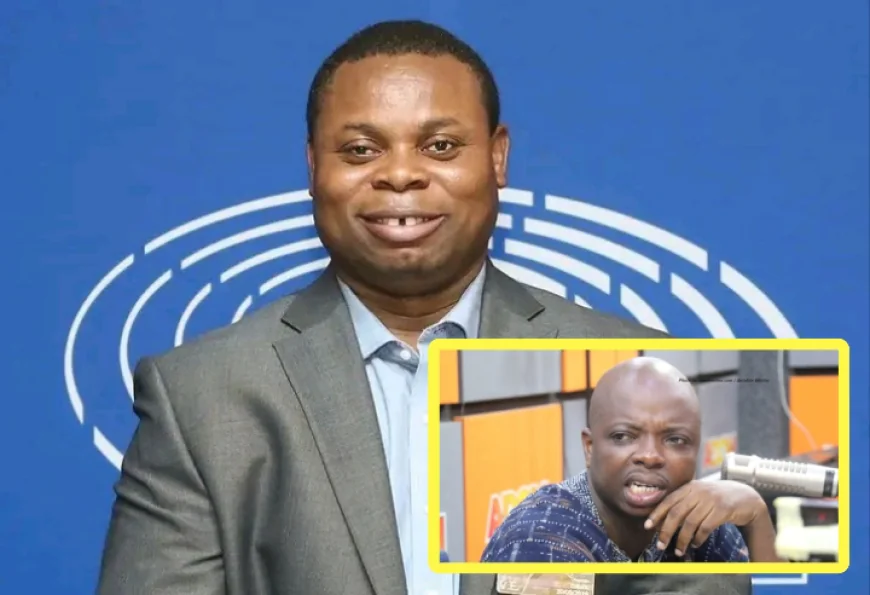Franklin Cudjoe challenges Abronye to prove claims against IGP
IMANI Boss Warns Against Baseless Attacks on State Institutions

The Founding President of IMANI Africa, Franklin Cudjoe, has urged New Patriotic Party (NPP) Bono Regional Chairman, Kwame Baffoe Abronye, to substantiate his controversial claims against Ghana’s Inspector General of Police (IGP), Christian Tetteh Yohuno.
Abronye, popularly known as Abronye DC, was recently arrested after describing the IGP as “the dumbest and most corrupt.” The remark has sparked heated debate, with many condemning the use of inflammatory language against the head of a key state institution.
Speaking on the matter, Mr Cudjoe stressed that serious allegations against public officials must not be made lightly. He warned that such conduct, if left unchecked, could erode public trust and threaten social order.
“Surely, if anyone alleges that the IGP is the ‘dumbest and most corrupt’ we have ever had, they must be ready to prove these allegations,” Mr Cudjoe stated.
He further noted that while Ghana’s democracy allows for free expression, political rhetoric should not undermine the integrity of state institutions or inflame tensions. “Offensive conduct that threatens public peace can not be taken lightly,” he added.
Mr Cudjoe emphasised the need for accountability and evidence-based discourse in Ghana’s political space, urging political actors to be mindful of the consequences of unsubstantiated claims.
The police are yet to confirm the specific charges against Abronye, but his arrest has reignited conversations about the limits of free speech and the responsibility of politicians in safeguarding national stability.
Analysts say the outcome of this case could set a precedent for how Ghana handles defamatory political speech in the future, particularly when it targets heads of security institutions.


